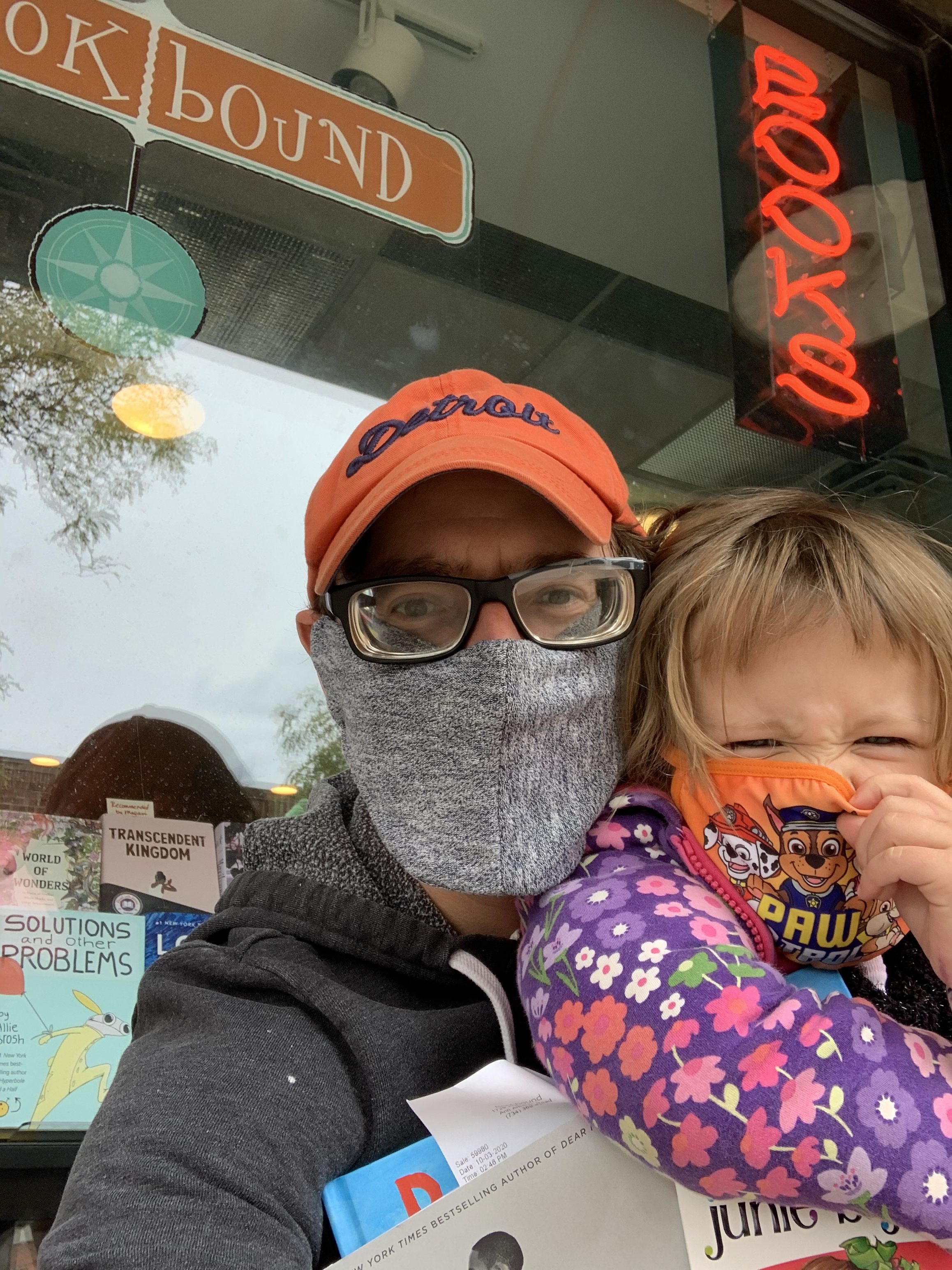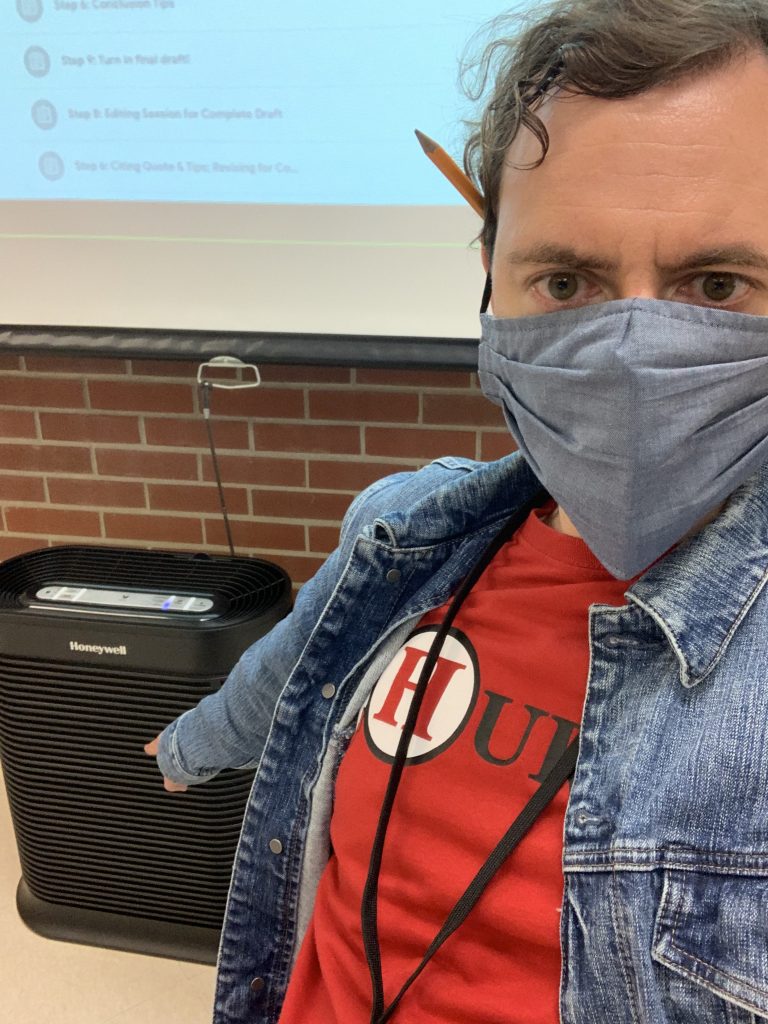CDC Says Coronavirus Airborne, What Parents Can Do to Help Schools

PARENTS: IMPORTANT READ IF YOUR CHILD GOES BACK TO SCHOOL FROM A PARENT/TEACHER’S EXPERIENCES
I’m glad the CDC has acknowledged what parents and teachers already have known for months: Coronavirus spreads in the air.
As a parent, I’m calling all of you parents to be vocal about safety for your children. Many schools will be returning in October or November, joining me, as a teacher, in what I’ve been doing for five weeks.
I’m sharing this list of tips as a parent of two kids. When I’m thinking about the safety of my child, I’m advocating for their needs, if and when we return.
Do you want your kids safe in schools? Here’s a list of things WE AS PARENTS CAN DO:
According to Harvard research, 90% of school buildings were not meeting air quality expectations before the pandemic.
* * * There must be upgraded filters in the HVAC or air purifiers in the rooms to actually say that we have done everything we can to ensure safety for staff and students. * * *
And we must do this before the weather gets so cold, and flu symptoms complicate classrooms.
 The CDC just acknowledged this is an AIRBORNE pandemic. The truth is there is an incongruence of requirements in the classroom, which isn’t school leaders’ fault.
The CDC just acknowledged this is an AIRBORNE pandemic. The truth is there is an incongruence of requirements in the classroom, which isn’t school leaders’ fault.
But here it is, none the less:
15 minutes or more of exposure in a classroom that can only ensure three feet distance means one positive Covid case in the room causes most people in that room to be quarantined for two weeks.
The rules required to run class are different than the effects of contract tracing after there is a positive case.
2. Review correct mask wearing with your child. If noses are out, aerosols are out, too, in the air.
3. Review social distancing rules in the halls with your young adult. They will naturally get lax. We are in this together. Do not shame kids. They are doing the best they can, and they turn to us for guidance, reminders, and confidence building.
4. Don’t send your children to school sick. Have a plan of someone who can watch them this year.
Teachers can’t treat school curriculum like they would in a normal day, but we have never tested out our online lessons before. We are creating this in real time, like jazz musicians.
If teachers are stressed finding the time and energy to “grade” the work, then they must also recognize students are stressed trying to complete homework during a pandemic.
But kids don’t tell their teachers when they are stressed unless asked. Parents, we must help students and teachers have this conversation.
Guide the child to email the teacher when they are confused and need extra time. Make a schedule with them. Teach them to use task lists to prioritize.
7. Advocate for your child’s late work (in reasonable amount of time) to be graded for full credit.
Students can’t expect to turn in week one work during week five, but they must know we are supporting them in their education, not playing a game.
There is a 75% chance your young adult, your high schooler, isn’t getting enough sleep. They weren’t before the pandemic, and us adults are struggling to get enough sleep during the pandemic, too. Lack of sleep increases stress and anxiety; it affects memory.
In conclusion, remind your kids, weekly, this is not normal. Remind them that they are doing their best, and we are proud of them. Remind them that their teachers are doing their best, and we are proud of them. Remind them that support staff and administrators are completing a Herculean task, and we are appreciative of their countless hours of work.
Remind your children and young adults that all of us are experiencing the pandemic at the same time.
We can do this. My school community is revealing that we can do this. All of us are going to have set backs, but you can too. I believe in us. We can get our kids back in school safely. But this is a group project that all must participate.

Comments are closed.